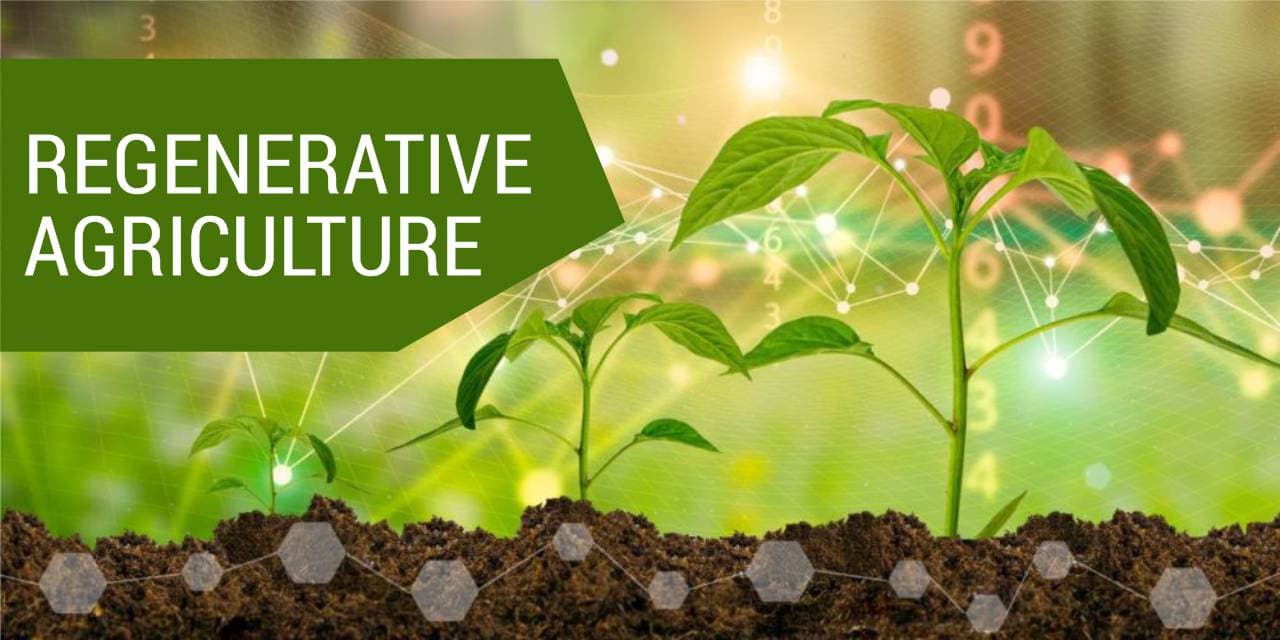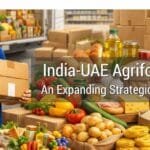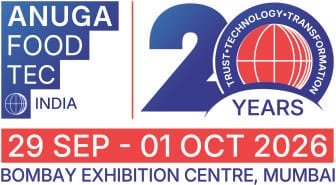Indian agriculture has been sustainable over decades. However, in the past two years, the number of malnourished children is escalated, with India ranking fourth in severely underweight children according to UNICEF. Regenerative agriculture emerges as part of the solution to help India target malnutrition, explains Amrendra Mishra.
India’s malnutrition issue has continued to rise in recent years and remains a persistent challenge to address1. Today, 14.37% of India’s population is not receiving enough nutrition2, and the latest National Family Health Survey (NFHS) in India found that children in several states are more undernourished now than they were five years ago3. It is now more important than ever to ensure that our food systems can meet the nutritional needs of India’s rapidly growing population. To ensure food security, our food systems must also be climate resilient in the face of increasingly frequent extreme weather events in the region.
The Indian government has rolled out several initiatives to accelerate the eradication of malnutrition and famine, including the National Food Security Act launched in 2013 and the National Nutrition Mission (also known as POSHAN Abhiyaan). Beyond improving access, we must also look at how we can produce more food with our limited resources to feed India’s growing population. For example, sustainable practices can be implemented across the value chain to create long-term farming solutions that provide adequate food for India’s population.
The government in India has made great strides in expanding access to nutritious food to alleviate malnutrition in the country and educating the population on healthy eating habits. In 2013, the National Food Security Act was enacted to improve the population’s access to food to lead an active and healthy life. The act entitles up to 75% of the rural population and 50% of the urban population across the country to receive subsidized foodgrains under the country’s targeted public distribution system4, marking a paradigm shift from welfare to a rights-based approach to food security. National Nutrition Mission aims to raise awareness of the importance of eating well among women and children in India at the grassroots level, helping them to develop practices that nurture health, wellness, and immunity to disease5.

Regenerative agriculture can help to alleviate the problem of malnutrition at the farm level by improving soil health and long-term productivity to help increase crop yields. In fact, the Indian government has begun promoting regenerative agriculture principles through the National Mission For Sustainable Agriculture (NMSA), such as enhancing water use efficiency, nutrient and soil health management and crop diversification in farms.
However, a study done in 2019 found that there was a lack of education and training on new techniques, technologies and agricultural products in India. Agricultural education can play a significant role in cultivating a more sustainable future and boosting the economy – adopting new farming and agricultural practices increases efficiency, productivity, and sustainability in food production.
ADM India has partnered with farmers and several organisations in recent years in its efforts to support regenerative agriculture efforts in the country and enhance nutrition in India’s agriculture and food systems. Last year, ADM signed a three-year partnership with Coromandel International Limited (Coromandel) to train 25,500 farmers through the ProTerra Foundation. This certification programme assures non-GMO quality and sustainable agriculture production. Applying an integrated approach to nutrient management, the programme aims to educate farmers on integrated nutrient management encompassing soil health improvement, nutrition balancing and responsible crop protection and care. The training support smallholder farmers in adopting regenerative agriculture principle to reduce soil degradation and rehabilitate the entire agri-food ecosystem.
Regenerative agriculture brings benefits to farmers, consumers, and the environment, improving harvest yields while reducing impacts on the natural environment. With a greater diversity and volume of crops, farmers can also benefit from higher profits in the long run.
ADM leverages on its vast supply chains, direct connections with farmers and global capabilities to work with farmers across its value chain to help alleviate malnutrition in India. As the bridge between growers and manufacturers, ADM has the power to make meaningful changes to local communities and the environment. ADM directly connects with local farmers and procures 60% of its crops directly from farmers and farmer-producer organisations in India. Extending to more than 25,000 smallholder farmers across the country, ADM’s Sustainability Programme also creates opportunities for them to receive training in socioeconomic and environmental sustainability practices through the ProTerra Foundation. Our value chain stretches from seed to fork, and creating value through the entire supply chain gives us the opportunity to build a more sustainable food system better to serve the nutritional needs of India’s population.
Regenerative agriculture emerges as part of the solution to help India target malnutrition from the source. Promoting the adoption of regenerative agricultural practices may translate into higher crop yields, providing more food for the local population to help support their nutritional needs. As a leader in meeting global food demand for an ever-growing population and advancing the cutting edge of health and nutrition, ADM is well-positioned to help feed India’s growing population sustainably.
The author is Country Manager of India and Managing Director of Oilseeds, India, ADM.
References:
1 https://www.bbc.com/news/world-asia-india-56080313
2 https://www.worldometers.info/undernourishment/
3 https://www.bbc.com/news/world-asia-india-56080313
4 https://nfsa.gov.in/portal/nfsa-act
7 https://www.researchgate.net/publication/338384751_Agriculture_Education_and_its_importance_in_India

















